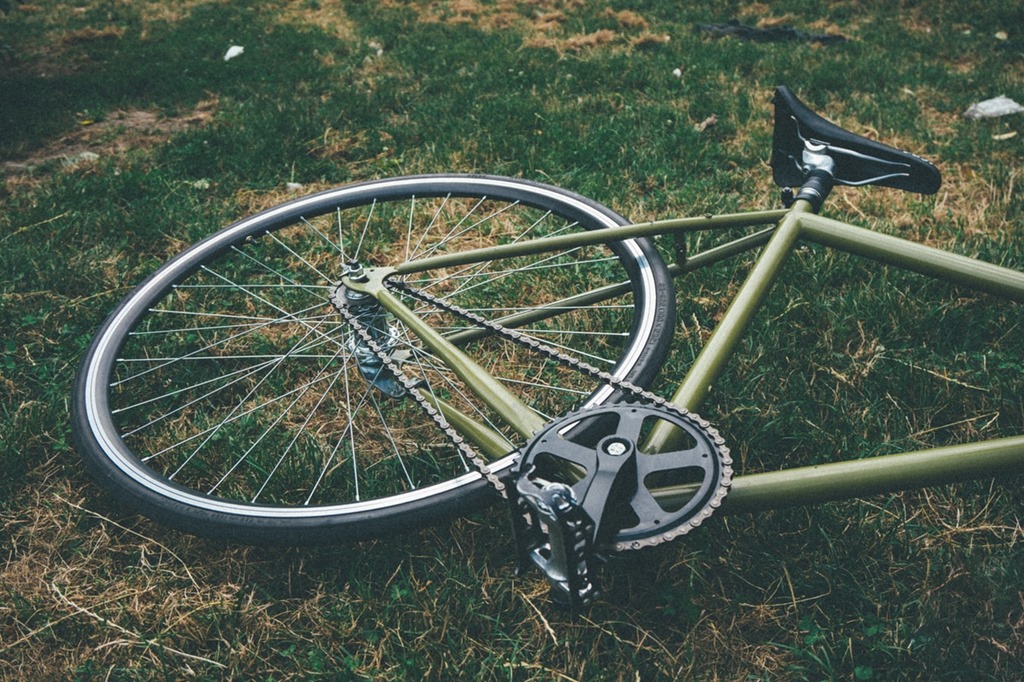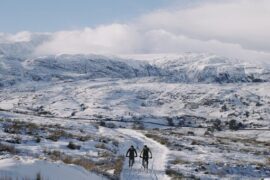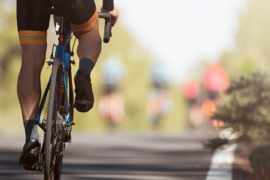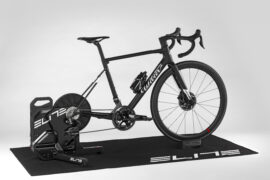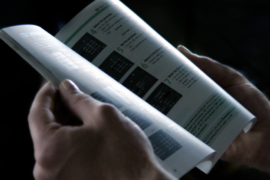My name is Sally Tawhai and I am a Physiotherapist. I have the privilege of running a Physiotherapy clinic right next door to WE Cycle in Llandudno Junction. Physiotherapy is perceived as a reactive intervention, something you need to do when you have a problem but I believe that Physiotherapy should be a pro-active service which is why at Peak Physio and Fitness we bring together a team of experts to deliver Personal training, Pilates and Sports Massage as well as Physiotherapy to promote a healthy lifestyle and physical activity.
Which is why I was delighted when the team at WE Cycle asked us to work with them alongside John Clayton to bring you regular information about health, fitness, wellness and all things cycling to get you on your bike, stay on the bike and enjoy many healthy and productive miles ahead.
We’re going to start our series with information about preparing for a new exercise regime. January is coming to an end. The good intentions and promise that the New Year held may be dwindling somewhat.
If you’ve wanted to try a new sport or activity but not had the courage or known where to get started, or if you’ve embarked on a new challenge but lost enthusiasm after a few weeks then you will certainly not be alone. The majority of people I meet in the clinic have become disengaged in their chosen activity because of an injury or illness that has stopped them taking part.
Sports injuries can broadly be separated into two groups. There are avoidable injuries and then there are accidental injuries. Unfortunately, injuries can and will happen and that cannot be avoided, things like falls, bumps, sprains and strains are sometimes just a case of pure bad luck. But then there are the injuries we see which could have been prevented. These are caused by overtraining, improper equipment or lack of physical preparation. Here are my five top tips to avoid the common mistakes people make when getting involved in a new sport or activity.Speak to an expertGet the right kitPrepare PhysicallyPush YourselfMake it socialSPEAK TO AN EXPERT
We are fortunate to live in a day and age where we can access information about all sorts of everything, but a little bit of knowledge can be a dangerous thing! By all means do your research but go to someone you can trust, follow a recommendation or find someone who is participating in the type of activity you want to take part in. GET THE RIGHT KIT
You might have the most expensive bike you can afford but if it isn’t the right size or fit for the type of riding you do it will put unnecessary stresses and strains on the body. Protective equipment should go without saying. Helmets, proper lights, reflective clothing, they will do more than protect against a pulled muscle. They will save your life so not something to compromise on!PREPARE PHYSICALLY
Don’t let a fear of not being fit enough put you off starting, but also acknowledge that it will take time for your body to cope with the demands of a new activity. Aches and pains are sometimes to be expected and just because you are a regular tennis player doesn’t necessarily mean that you can go and participate in a grade 5 sportive within two weeks of getting your new bike! Training needs to be progressive and sport specific. Set goals and stick to training plans. Warm Up & Cool Down (that’s a whole other topic in itself – watch this space).PUSH YOURSELF
This might seem a bit contradictory, I said in the last paragraph to take it easy and not expect too much of yourself when you start but if you don’t push yourself to attain a specific goal, you’ll soon get bored. You only get fitter when you work hard. Put together a progressive training plan that meets your goal. If you continually push yourself, you will get more and more from your riding.MAKE IT SOCIAL
We are all more likely to stick to your goals if we are accountable. On Saturday evening you might have every intention of heading out for a ride first thing Sunday morning but, you wake up and it’s cold outside and you think you might leave it until later, but later doesn’t happen! If you are arranging to meet a training buddy (or buddies) you are more likely to get up and go. Look out for planned rides with people who can challenge your abilities. You are more likely to succeed. We Cycle have a series of planned social rides to get you started.
If you need any more information about injury prevention or management you can contact us on 01492 338 262, email info@peakphysioandfitness.com or visit our website www.peakphysioandfitness.com

